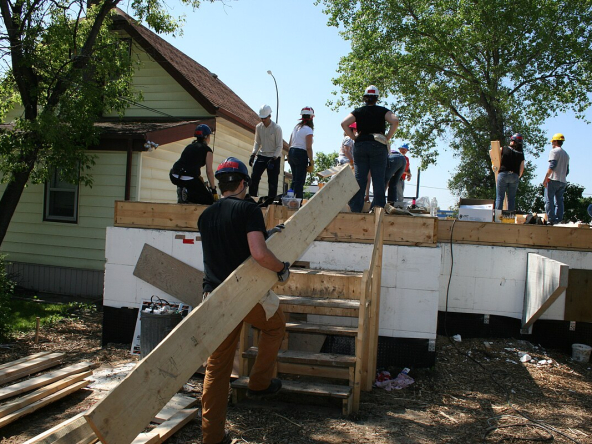Creating engaging and successful events and activities for property communities is an art that requires thoughtful planning, creativity, and a deep understanding of the residents’ needs and preferences. In this comprehensive guide, we’ll delve into the essential steps and strategies to host events that foster community engagement and satisfaction within property settings.
Understanding the Community
A thriving community is built on a foundation of understanding its residents. Before planning any event, it’s crucial to conduct surveys, hold focus groups, or utilize social media platforms to gather insights into the interests and preferences of the community members. Are they families looking for kid-friendly activities? Young professionals seeking networking opportunities? Understanding these demographics helps tailor events that resonate with their needs.
Diverse Event Ideas
Variety is key to engaging a diverse community. Consider a range of events and activities that cater to different tastes. Here are some ideas:
Family-Oriented Events
Movie Nights: Set up an outdoor cinema with popcorn and blankets.
Craft Workshops: Engage children and parents with DIY sessions.
Community Picnics: Foster connections with casual, enjoyable gatherings.
Fitness and Well-being
Yoga Sessions: Arrange outdoor yoga classes for residents.
Group Fitness Challenges: Organize running or cycling events.
Health Seminars: Invite experts for talks on nutrition or mental wellness.
Educational and Cultural Activities
Cooking Classes: Explore diverse cuisines through cooking workshops.
Language Exchange: Host sessions where residents can learn new languages.
Art Exhibitions: Showcase local talents within the community.
Social Gatherings
Themed Parties: Organize seasonal or cultural-themed parties.
Book Clubs: Initiate a book reading group to encourage literary discussions.
Game Nights: Set up board game or video game tournaments.
Planning and Execution
Collaborative Approach: Involve the community in the planning process. Create a residents’ committee or utilize social media groups to gather event ideas and volunteers. Collaborating with enthusiastic residents not only generates innovative ideas but also fosters a sense of ownership and belonging.
Budgeting and Resources: Develop a budget allocation for events, considering venue rentals, equipment, catering, and promotional materials. Seek sponsorships or partnerships with local businesses to alleviate costs. Utilize communal spaces within the property for cost-effective gatherings.
Promotion and Communication: Effective communication is vital. Utilize multiple channels like newsletters, social media, notice boards, and email lists to promote events. Engage residents through enticing visuals, compelling descriptions, and interactive polls or contests to build anticipation.
Feedback and Evaluation: Post-event feedback is invaluable. Encourage residents to share their thoughts through surveys or open forums. Analyze the feedback to understand what worked well and areas for improvement. This iterative process helps refine future events.
Overcoming Challenges
Inclusivity and Accessibility: Ensure events are inclusive and accessible to all residents, considering varying abilities, interests, and cultural backgrounds. Choose venues with wheelchair access and provide accommodations for diverse needs.
Weather Contingencies: Have backup plans for outdoor events in case of unfavorable weather conditions. Consider indoor alternatives or rescheduling options to avoid disappointment among attendees.
Consistency and Sustainability: Maintaining a consistent schedule of events is crucial for community engagement. Create a yearly calendar with a diverse mix of activities while ensuring sustainability by considering the environmental impact of events.
Conclusion
Hosting successful events within property communities not only creates memorable experiences but also nurtures a sense of belonging and camaraderie among residents. It strengthens social bonds, encourages participation, and ultimately contributes to a happier, more cohesive community.
By understanding residents’ needs, fostering collaboration, and executing well-planned events, property communities can thrive as vibrant and inclusive spaces where individuals feel valued and connected.
Remember, the heart of any successful community event lies in its ability to bring people together, create cherished memories, and build lasting relationships.




